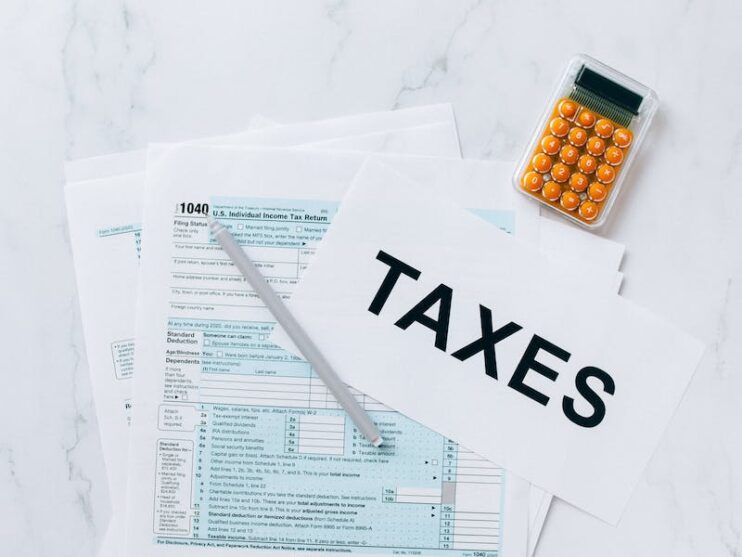In the ever-evolving realm of real estate, where market forces and government policies intermingle, the impact of property taxes on property values is a topic of perennial significance. Beyond the traditional considerations of location, amenities, and market trends, the fiscal landscape, shaped by property taxes, plays a pivotal role in shaping the dynamics of the real estate market. In this exploration, we delve into the multifaceted ways in which property taxes leave their imprint on the value of real estate, influencing not just individual property assessments, but the broader market dynamics.
1. The Affordability Conundrum:
Property taxes, often viewed as an inescapable facet of homeownership, contribute significantly to the overall cost of residing in a particular area. As these taxes climb, the affordability of homes is called into question, potentially dissuading prospective buyers. High property taxes can act as a deterrent, steering demand away from regions where housing costs are already a concern. This affordability conundrum directly impacts the equilibrium between supply and demand, influencing real estate values on a macroscopic scale.
2. Assessment vs. Market Values:
At the heart of the property tax system lies the assessment of a property’s value. This valuation, however, is not always in lockstep with the property’s market value. Discrepancies between assessed values and market realities can introduce a layer of complexity into property valuations. These disparities might lead to challenges and disputes, potentially distorting the perceived value of a property and affecting both buyers and sellers.
3. Investor Sentiment:
Investors, keenly attuned to the bottom line, factor property taxes into their investment decisions. Regions burdened with high property taxes may find themselves less attractive to real estate investors seeking optimal returns. Conversely, areas with more favorable tax structures can become magnets for investment, shaping the market dynamics and contributing to the ebb and flow of property values.
4. Government Fiscal Responsibility:
Property taxes serve as a critical revenue stream for local governments, funding essential services and infrastructure. A well-managed property tax system contributes to the fiscal health of a region, ensuring the stability of local government finances. This stability, in turn, can positively impact the real estate market by fostering an environment conducive to economic growth and community development.
5. Tax Policies and Market Competitiveness:
The influence of property taxes extends beyond individual property assessments; it permeates the broader competitive landscape. Tax policies, whether incentivizing homeownership or encouraging property improvements, can influence market competitiveness. Regions with lower tax burdens may experience growth as businesses and residents gravitate toward more favorable fiscal environments, thereby impacting property values within these areas.
6. Consumer Decision-Making:
Homebuyers and sellers alike are not immune to the sway of property taxes. Savvy consumers carefully consider the tax implications of homeownership, knowing that high property taxes could translate into lower resale values or prolonged market exposure. The consumer behavior influenced by property tax considerations adds a layer of nuance to the intricate dance of real estate values.
In the tapestry of real estate, property taxes are threads intricately woven into the fabric of value determination. Their impact extends far beyond the numerical assessments on tax bills, shaping the desirability of regions, influencing investor sentiment, and guiding the decisions of homebuyers and sellers. Recognizing the symbiotic relationship between property taxes and real estate values is essential for navigating the complexities of the housing market, fostering a holistic understanding of the forces that mold the places we call home. As we continue to navigate the fiscal landscape, the dialogue between property taxes and real estate values remains a dynamic and evolving narrative, echoing the ever-changing nature of the markets we inhabit.

